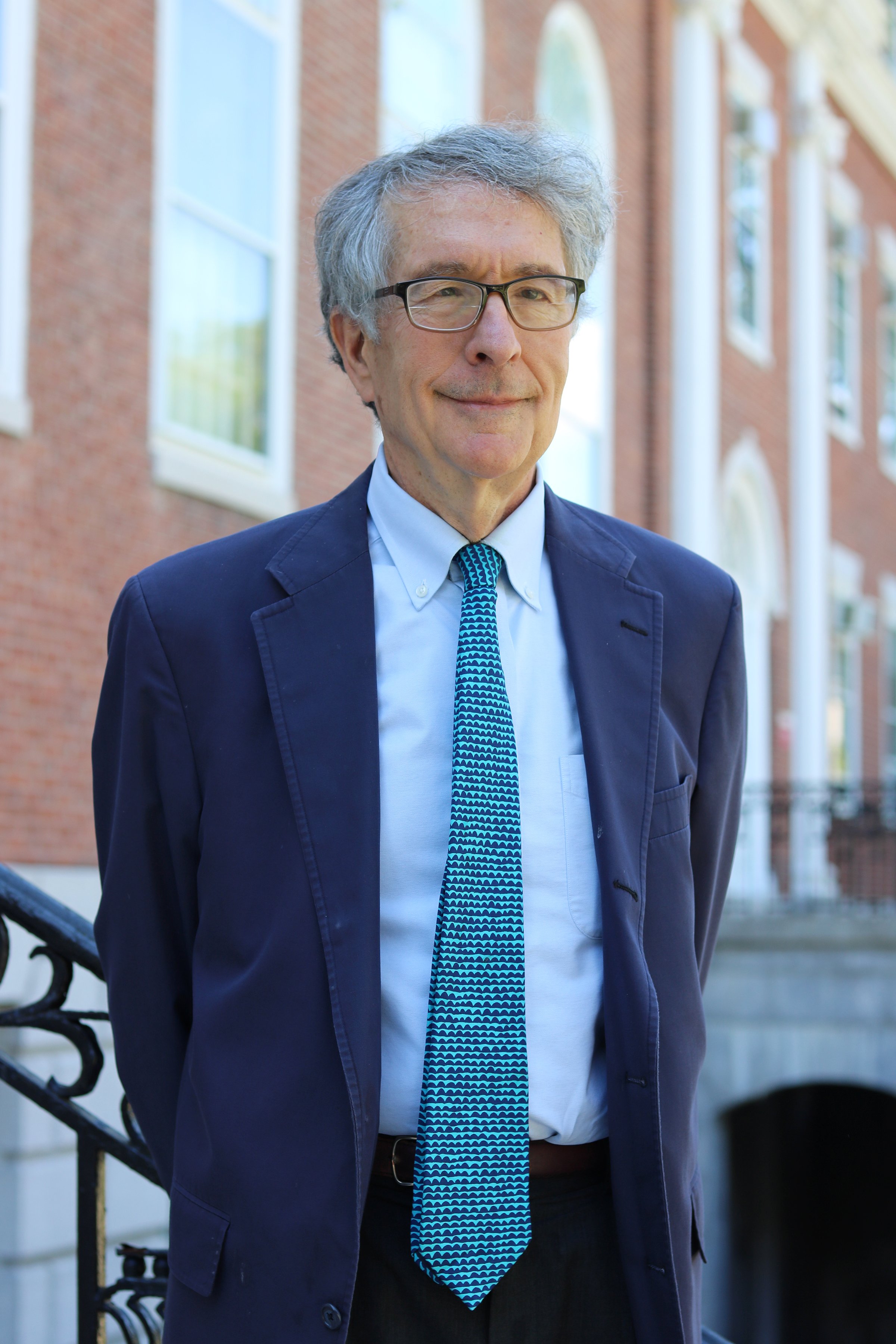Credit: Harvard Graduate School of Education
Howard Gardner is the John H. and Elisabeth A. Hobbs Research Professor of Cognition and Education at the Harvard Graduate School of Education. In 1967, he was a founding member of Harvard Project Zero (HPZ), a research group focused initially on understanding the nature of artistic knowledge,; but one which now covers a wide range of educational and epistemological issues. For 28 years, with David Perkins, he was Co-Director of Harvard Project Zero, and in more recent years has served in a variety of leadership positions.
In recognition of his contributions to both academic theory and public policy, Gardner has received honorary degrees from thirty-one colleges and universities, including institutions in Bulgaria, Canada, Chile, Greece, Ireland, Israel, Italy, South Korea, and Spain. He has twice been selected by Foreign Policy and Prospect magazines as one of 100 most influential public intellectuals in the world.
Among other honors, Gardner received a MacArthur Prize Fellowship in 1981 and in 1990, was the first American to receive the University of Louisville's Grawemeyer Award in Education. In 2000, he was awarded a fellowship from the John S. Guggenheim Memorial Foundation. He received the Prince of Asturias Award for Social Sciences in 2011, and in 2015, was chosen as the recipient of the Brock International Prize in Education. In 2020, Gardner received the Distinguished Contributions to Research in Education Award, the premier honor from the American Educational Research Association.
Gardner has been an elected member of the American Academy of Arts and Sciences, the American Philosophical Society, the National Academy of Education, and the London-based Royal Society for the Encouragement of Arts, Manufactures, and Commerce. He has served on a number of philanthropic boards, including Amherst College, the American Philosophical Society, New York's Museum of Modern Art, and The Spencer Foundation..
The author of over thirty books translated into thirty-two languages, and several hundred articles, Gardner is best known in educational circles for his theory of multiple intelligences, a critique of the notion that there exists but a single human intelligence that can be assessed by standard psychometric instruments (please see multipleintelligencesoasis.org/)
Since the middle 1990s, Gardner has directed The Good Project, a group of initiatives, founded in collaboration with psychologists Mihaly Csikszentmihalyi and William Damon. The project promotes excellence, engagement, and ethics in education, preparing students to become good workers and good citizens who contribute to the overall well-being of society. Through research-based concepts, frameworks, and resources, The Good Project seeks to help students reflect upon the ethical dilemmas that arise in everyday life and give them the tools to make thoughtful decisions.
In collaboration with Wendy Fischman, Gardner recently carried out a national study of American higher education. The study sought to understand how the chief constituencies on campuses (incoming students, graduating students, faculty, senior administrators, parents, alumni/ae, trustees and job recruiters) think about various facets of higher education. The study sought to provide valuable, research-based suggestions of how best to provide quality, non-professional higher education in the 21st century. In April 2022, MIT Press published Fischman and Gardner’s book The Real World of College.
Gardner’s current research interests encompass the development of moral and ethical understandings and behaviors, beginning in the early years and extending through higher education and into the professions. Recently Gardner also directed an international study of United World Colleges, a network of secondary schools. In the last few years, Gardner has been studying the nature of human synthesizing —a topic introduced in his 2020 memoir, A Synthesizing Mind.
Gardner’s current work can be followed on these four sites:
